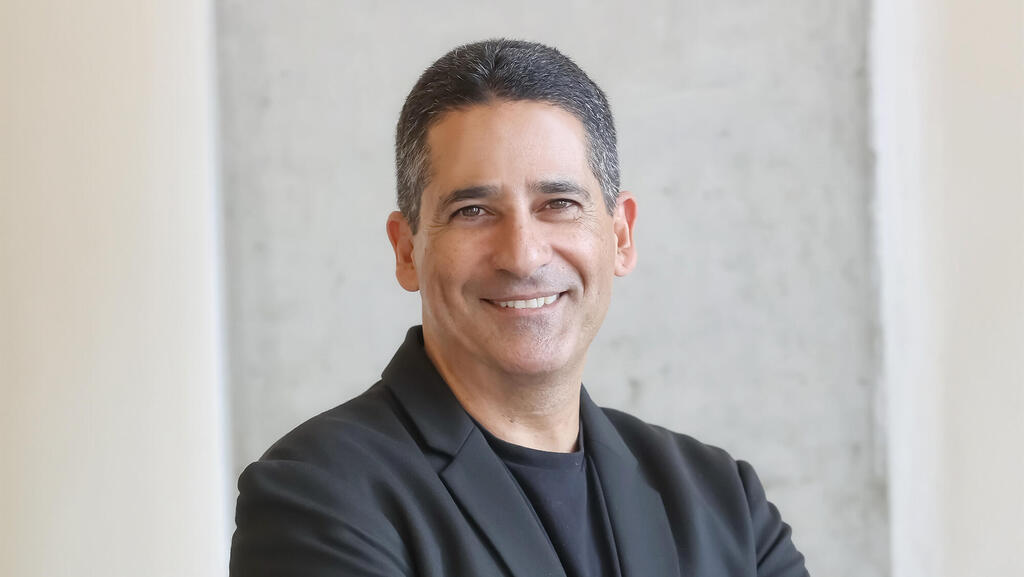
Salary transparency: A step toward equality or a recipe for corporate chaos?
Employers and candidates in Israel grapple with the potential benefits and risks of revealing pay scales.
"What are your salary expectations?" If you've applied for a job in Israel, you've likely encountered this question during the hiring process, sometimes even on the application form. At first glance, it seems like the employer is giving you the power to set the negotiation's "anchor"—the starting number. However, the reality is quite different. While the employer knows the budget for the position, you, the candidate, lack access to this information. This imbalance creates a trap: if you name a salary that's too high, you risk losing the opportunity; too low, and you may accept compensation that undervalues both the role and your worth. This information asymmetry disproportionately affects women and marginalized groups, perpetuating wage inequality.
In the U.S., states like New York and California require employers to publish salary ranges in job advertisements to promote pay equity. Even without legal obligations, 60% of organizations in the U.S. now disclose salary ranges, a 15% increase from last year, according to a Payscale survey. In Israel, transparency is rare. One notable exception is Healthee, an Israeli company with offices in New York, which began publishing salary ranges for its Israeli positions in July. Despite this move, most companies in Israel—including international ones bound by transparency laws elsewhere—still advertise jobs without salary information.
Why publish salaries
The primary benefit of salary transparency is reducing gender pay gaps. A 2019 Canadian study found that mandatory salary disclosure laws reduced these gaps by 20% to 40%. Israel has also attempted reforms, such as requiring large employers to report salary disparities and notify employees. However, these measures have yet to significantly reduce inequality.
"The problem lies in how comparable positions are defined," explains Kalia Klein, partner and head of the labor law department at Pearl Cohen. "An algorithm engineer and a secretary clearly can't be compared, but even two data scientists in different departments can be deemed non-comparable, skewing the reported gaps." Moreover, these reports are retrospective and irrelevant to job seekers.
Healthee claims its decision to publish salary ranges has enhanced its reputation and streamlined recruitment by aligning expectations between candidates and the company. "This move reflects our values of transparency and has been well-received both internally and externally," says Ben Nagar, Healthee's VP of Operations and co-founder. Internally, Healthee implemented a grading system, assigning salary ranges to specific roles to ensure consistency and fairness.
Healthee claims that the decision to publish the salary benefits the company on a business level by deepening the assimilation of the company's values, that they not only write about transparency but also implement it, and that it streamlines recruitment processes because it minimizes the gaps in salary expectations on the part of both candidates and the company.
"The move was received with a great deal of appreciation and praise from the company's employees. It is part of a broad move to promote transparency in pay that we are working on.
"The feedback from outside the company is also very positive. The lack of transparency in salary is a problem that hurts a lot of people. We know candidates who have reached advanced stages of the recruitment process at companies and were surprised by low salary offers that did not meet their expectations," says Ben Nagar, VP of Operations and co-founder at Healthee.
Large corporations like Meta already use structured salary scales, allowing candidates to understand pay expectations by grade. Yet, most Israeli companies resist this practice.
Why not publish salaries
Publishing salary ranges could deter qualified candidates whose expectations don't align with the disclosed figures, even if negotiations might have bridged the gap. "In Israel's tech sector, competition for talent remains fierce, even during crises," says Ronit Kugler, CEO of Horizon and Unitask. She argues that Israeli companies value flexibility, often tailoring employment packages that go beyond salary to include bonuses, options, career growth, and work-life balance.
Another concern is internal unrest. Current employees might demand raises upon seeing higher salaries for similar roles advertised. Employers also fear losing flexibility in negotiations, potentially sparking "price wars" that drive up salaries across the sector, harming long-term financial stability.
"In a competitive market like high-tech, transparency might even be exploited by rivals," says Kugler. "While transparency empowers candidates, it can also burden organizations, raising costs and complicating retention strategies."
In theory, publishing salary ranges could empower candidates. In practice, its benefits are nuanced. According to Dr. Yossi Maaravi, dean of the Adelson School of Entrepreneurship at Reichman University, negotiation outcomes depend on context. "When there's an information imbalance, the party with more knowledge holds the advantage. Employers often ask candidates to state their salary expectations first, knowing they can use this as a filter or a starting point for negotiations," he explains.
Publishing salary ranges introduces transparency but doesn't eliminate employer advantages. Employers often structure ranges to appear generous, with the higher figure representing what they planned to pay anyway. For example, a range of 10,000–15,000 shekels might give candidates the illusion of bargaining power while ensuring employers retain control.
Unlike the U.S., where job negotiations often center on salaries and benefits, Israel’s hiring process frequently involves personal connections and trust built through mutual acquaintances or shared backgrounds, such as military service. "This localized approach emphasizes values beyond salary, fostering mutual commitment between candidates and employers," says Kugler.
Candidates in Israel also expect negotiation as part of the hiring process. Publishing salaries might shift the starting point but wouldn't eliminate bargaining. Kugler notes, "Once salaries are disclosed, they often become a baseline for further demands, potentially inflating market rates."
While salary transparency is gaining traction globally, Israel’s high-tech industry may be slower to adopt it. Employers value flexibility and fear disruptions to the delicate balance of employee retention, competitive wages, and financial stability. However, as global standards shift, Israeli companies may need to reconsider their practices to attract and retain top talent in an increasingly transparent world.


















